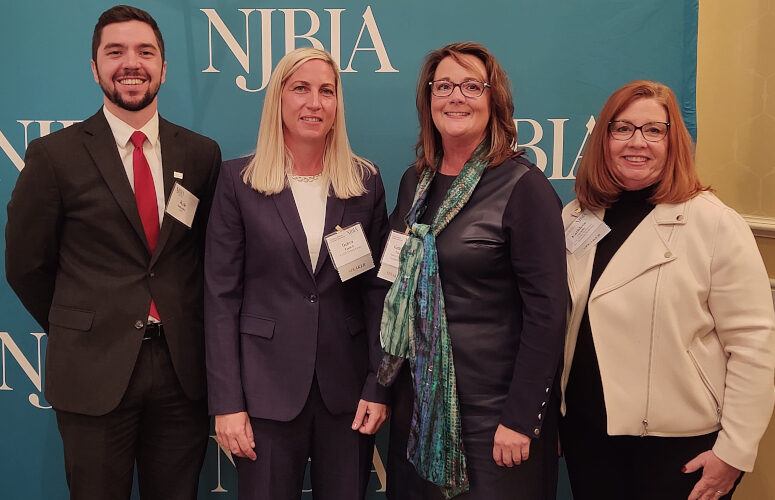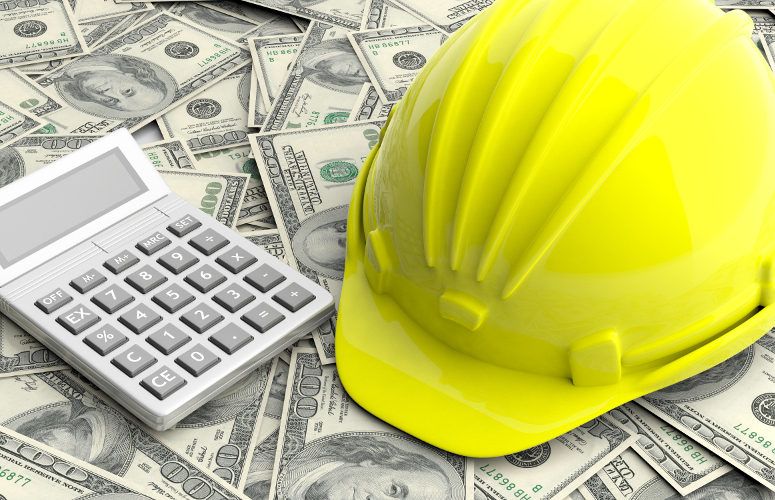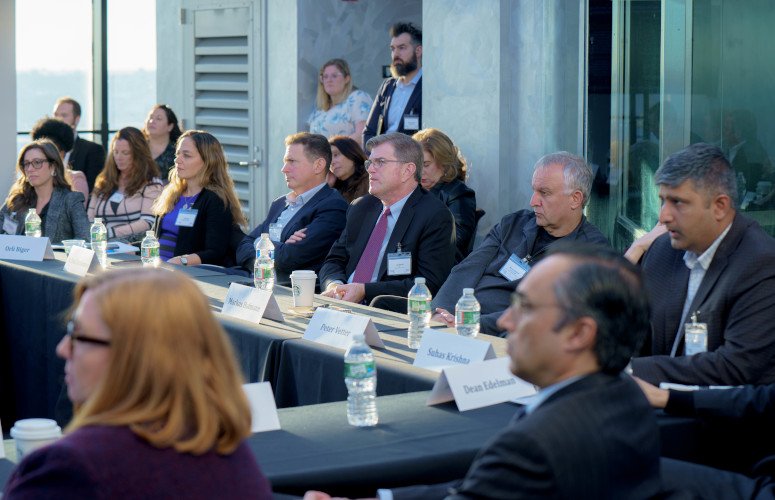
Panel Reveals the Good and Bad About the NJ Economy
By Anthony Birritteri, Editor-in-Chief On Dec 1, 2022New Jersey has created robust economic development programs that have helped businesses survive the COVID-19 pandemic and grow the innovation economy. However, a continuing workforce shortage, inflation and recessionary fears, burdensome government regulations, and high taxes, coupled with the high cost of building, are challenges for businesses that want to start up or expand in the state.
This was the consensus reached by most of the panelists participating in the “Driving the Economy Forward Amidst an Uncertain Forecast” discussion at NJBIA’s annual Public Policy Forum held Tuesday in Iselin.
Moderator Chris Emigholz, chief government affairs officer at NJBIA, started the discussion by asking the panelists where they thought the economy is heading as we emerge from the pandemic.
The positive news came from Kathleen Coviello, chief economic transformation officer at the New Jersey Economic Development Authority (NJEDA), who discussed how the authority came to the aid of businesses at the outset of the pandemic. “Even before the federal government started putting money back into the economy, the NJEDA had COVID-19 grant programs in place thanks to the State Legislature and Gov. Phil Murphy who supported the funding,” Coviello said.
“We took a ‘flip-on-our-head’ approach in what we were doing,” Coviello commented, explaining that the agency had historically acted like a bank in helping business grow, but was now being creative out of necessity by introducing products to aid such hard-hit industries such as childcare and restaurants. It also teamed with technical experts to help Main Street business implement online shopping and delivery capabilities.
“If there is a silver lining [regarding the pandemic], it’s that we were helping the full community, working with new partners, and being more efficient in what we deliver,” Coviello said.
She also discussed the New Jersey Economic Recovery Act, which the governor signed in January of 2021. Calling it a revamp of the NJEDA’s economic development tools, Coviello said the Act focuses on three aspects; tax credits for job creation through the Emerge program, boosting the innovation economy through the NJ Innovation Evergreen Fund and expanding the Angel Investors tax credit program, and revitalizing communities through a historic property reinvestment tax credit program and a brownfields redevelopment program, to name a few.
She also outlined new workforce development programs for the state’s burgeoning offshore wind industry, tax incentives for the growing film industry, and the New Jersey Manufacturing Voucher program in which manufacturers can access up to $250,000 to purchase equipment.
On the issue of workforce development, Kyle Sullender, director of economic policy research at NJBIA and executive director of Focus NJ, said that the state’s labor force participation rate is lower than it was prior to the pandemic and that there are still 250,000 job openings in the state. “We talk about recessions, inflation and unemployment, but those things are all cyclical. I’m concerned about the long-term [workforce] trends we are seeing,” Sullender said.
He mentioned the ‘great resignation’ as an issue, but said there is also an aging workforce problem, especially in healthcare, manufacturing and construction. “We are not going to have enough people in 10 to 20 years to fill the positions we need to keep our economy humming along,” he said.
Meanwhile, Debra Tantleff, founding principal of TANTUM Real Estate and treasurer of the New Jersey Builders Association (NJBA), discussed issues builders are facing in the state that impact the cost of construction and home ownership; from supply chain problems and rising interest rates to government regulations and the labor shortage issue previously mentioned.
Concerning regulations, Tantleff said the land-use process and the time it takes to obtain building approvals in the state is hurting businesses. “Some builders come onto a site knowing they will not be able to put a shovel in the ground for at least two years, Tantleff said, adding that in New Jersey, “we have been accustomed to where we shouldn’t be building. … There needs to be more effort on where we should be constructing.”
She also said that the average land cost per acre in New Jersey, at $200,000, is the most expensive in the country. Meanwhile, it is just $30,000 per acre in Florida and $125,000 per acre in Connecticut, for example. “So, we are grossly exaggerated on a land-cost basis. Then, it takes two years or more to get through the municipal land-use process. We need to make these processes more streamlined,” Tantleff said.
Asked what accountants are seeing regarding their business clients operating in the state, Kathleen F. Powers, president of New Jersey Society of CPAs (NJCPA) and CFO of Matheny Medical and Educational Center, commented, “I am hearing that New Jersey is overregulated. It has the highest corporate tax rate in the country, and when you layer employment taxes, the sales and use tax, and property taxes, it becomes less of a business-friendly state.”
One eye-opening revelation about whether New Jersey is good or bad for business is the result of NJCPA membership surveys over the past few years, which reveal that 75% percent of CPA respondents have continuously been encouraging their business clients to move out of New Jersey.
Powers added that current recessionary concerns are putting a pause on business expansion plans. “Businesses are reevaluating where things are going to be in the next three to five years,” she said. “As a CFO, I am constantly reevaluating my risks and the ‘what could go wrong’ scenarios, and plan for them the best I can.”
If there is one reason for optimism, it’s that most of the economic issues the state and nation are facing are transitory. “Things will eventually subside. It’s just a matter of how hurtful the process will be,” according to Sullender.
To access more business news, visit NJB News Now.
Related Articles:





